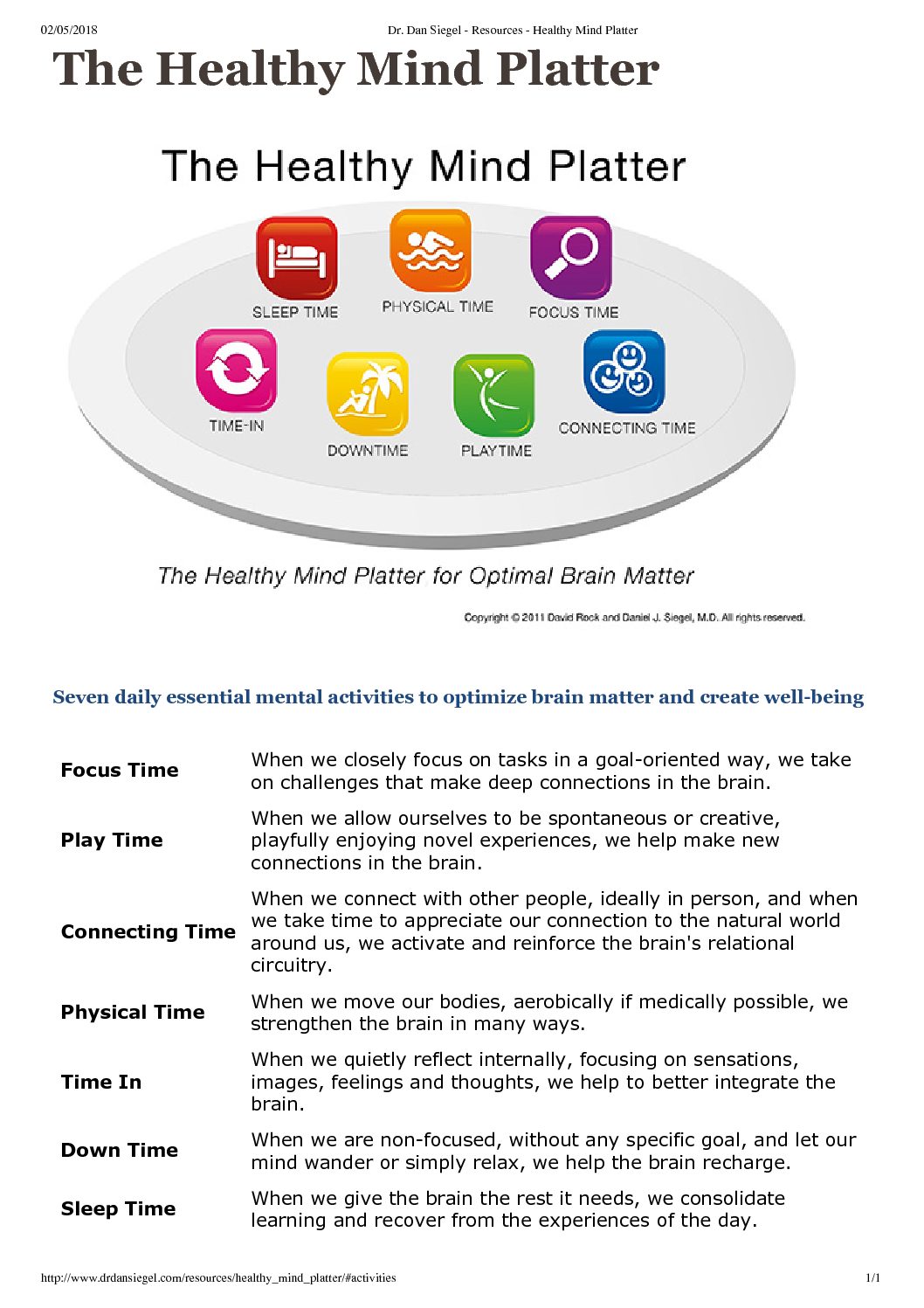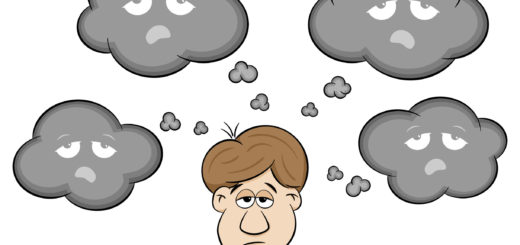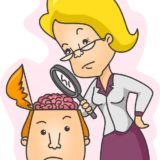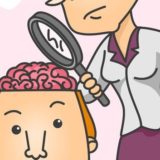What is Anxiety and How Can I Manage It

What is Anxiety?
Anxiety is an uncomfortable inner feeling of unease or fear. It is a normal human emotion in reaction to stress or misfortune and serves a primal purpose to motivate us to seek food, shelter & run from danger.
Is it Normal?
Everyone experiences anxiety, and in certain occupations or situations a small amount of anxiety can even be advantageous. However, anxiety can become problematic when it interferes with living our daily lives, if it becomes more persistent or generalised, disturbs your sleep, results in panic attacks, phobias or generally becomes disproportionate to your problems. Problematic anxiety can affect 5-10% of people in modern societies. Depression can often be accompany anxiety.*
What are the Signs?
Anxiety can be experienced in many ways. You may suffer restlessness, difficulty concentrating, feel light-headed, a lump in your throat or develop muscle tension often in the form of tension neck headaches. Sleep can often be disturbed due to a racing mind. Excessive tiredness is very common. Sometimes specific types of anxiety such as compulsive behaviour or irrational fears or phobias can occur (eg fear of crowds, outdoors, germs, social situations). Panic attacks are episodes where your body’s ‘fight or flight’ automatic response is triggered by anxiety. This might result in symptoms such as rapid heart rate and breathing, a feeling of impending death or overwhelming panic, becoming pale, developing a tremor, dry mouth or light-headedness.
What Can I Do to Manage Anxiety?
Mindfulness
Learning to understand how your brain works and why you feel anxious can really improve how you cope with anxiety.
Think of your brain as originally being designed as an early warning system for danger. It broadcasts warning messages all day, every day and it can’t be turned off. It’s designed to be overly sensitive. If you miss one sign of danger a dinosaur might eat you; if you sense danger where there is none, no physical harm is done. The trouble is that many of the dangers we perceive in modern society are no longer physical but psychological & emotional and many of the warnings we receive from our brain are no longer helpful suggestions.
If your brain is sending you a warning message like; “nobody likes you”, it’s only trying to be helpful and protect you from physical danger. The trouble is that this is not a helpful message.
Learning to recognise the difference between helpful and unhelpful thoughts and feelings can create some emotional distance between yourself and these messages which can very much reduce their impact on your life. The idea is not to fight or suppress the unhelpful thoughts but to lessen their impact on you by accepting them for what they are (unhelpful suggestions) and emotionally distancing yourself from them. For example, saying to yourself “I am just having the thought that nobody likes me”, or ironically saying to yourself “thanks brain, thanks for warning me that nobody likes me, that’s not a very helpful suggestion” makes these thoughts less overwhelming.
Learning to slow down and recognise helpful and unhelpful thoughts takes practice. Regularly practising mindfulness can help train this important skill. Mindfulness simply means to take notice. You can begin to practice with exercises that are a bit like meditation. The exercises involve concentrating on something like your breath. While paying attention to your breath, your mind will inevitably wander (often to negative thoughts), this is only natural. The purpose of the exercise is not to stop your mind wandering, but to simply NOTICE that your mind has wandered and to bring your focus back to your breath. Here are some apps that can help you learn these skills;
- Smiling Mind; (free)
- The Sleep School;
- ACT coach.
Once you’ve practised these simple exercises, you can apply mindfulness to many activities in your daily life, for example brushing your teeth mindfully, cooking, working or doing homework mindfully. When you are mindful that your brain is broadcasting unhelpful negative thoughts, you can bring your focus to something else like your breath or a task that you are performing. Mindfulness can help manage overwhelming unhelpful thoughts, constant negative ‘mind chatter’, panic attacks and insomnia.
Living a fulfilling life
An important component of managing problematic anxiety is identifying values & goals that are important to you in life and striving towards these through your choices and actions. Sometimes you have to be prepared to endure some discomfort in order to attain these. Deciding to live a fulfilling life despite your anxiety is an important component of reducing its impact on your life.
Getting ‘unstuck’
Anxiety is sometimes triggered when the challenges we face in life overwhelm us, particularly when we can’t see our way out of problems. Often in this situation, our brains are not functioning optimally to find solutions. Learning new and different ways to think about and approach your problems can help alleviate anxiety. This is sometimes difficult to do on your own, so recruiting the help of a psychologist can be a good idea. Psychologists can also help you with mindfulness, living a full life and many other ways of managing anxiety.
Coping strategies
It’s important to utilise a wide range of coping strategies rather than relying on only a few. Being socially active, ensuring you get enough sleep, eating well and regular exercise can be helpful.
Self-Help Books
Some people find reading self-help books useful. The Confidence Gap by Dr Russ Harris is a book based on the above principles that is written to help with anxiety issues.
If you need more help with anxiety please see your GP or psychologist.
(*Note/ Similar principles can be applied equally well for depression)















